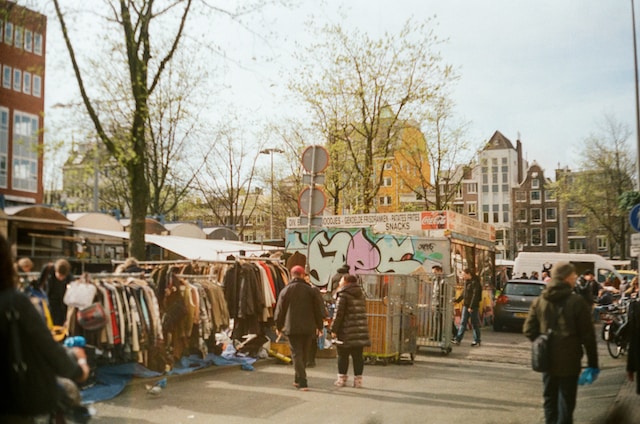Counterfeit and Replica Goods Laws in Australia
Counterfeit and replica goods are a global concern. Despite the popularity of some replica products, they pose a significant risk to consumers and to the economy. The laws surrounding these products in Australia are stringent, aiming to protect consumers and businesses from fraud and misrepresentation. This article explores the legal landscape regarding counterfeit and replica goods in Australia.
Is It Legal to Sell Replica Products in Australia?
In Australia, selling replica products is generally considered illegal, particularly if these products infringe on trademarks or copyrights. Brands such as Rolex, Omega, Gucci, Nike, Adidas, and Hugo Boss have invested heavily in protecting their intellectual property rights. Selling replicas of these brands’ products without their permission is a violation of these rights and is thus illegal.
What are the Laws and Penalties for Selling Counterfeit Goods in Australia?
The Trade Marks Act 1995 and the Copyright Act 1968 are the main legislations in Australia dealing with counterfeit goods. According to these laws, selling, distributing, importing, or manufacturing counterfeit goods is considered a criminal offense. Penalties for these offenses include heavy fines and imprisonment.
| Offense | Penalty |
|---|---|
| Selling counterfeit goods | Up to 5 years imprisonment and/or up to $99,000 fine |
| Importing counterfeit goods | Up to 5 years imprisonment and/or up to $99,000 fine |
| Manufacturing counterfeit goods | Up to 5 years imprisonment and/or up to $99,000 fine |
What are the Current Regulations on Counterfeit Goods in Australia?
The Australian Border Force (ABF) is responsible for enforcing regulations on counterfeit goods. The ABF has the power to seize counterfeit goods at the border and take legal action against those involved. Intellectual property rights holders can also lodge a notice with the ABF to assist in identifying and seizing counterfeit goods.
Which Replica Watch Brands are Most Popular in Australia?
Replica watches are popular counterfeit items in Australia, with brands like Rolex and Omega being the most commonly counterfeited. Despite their popularity, selling these replica watches is illegal and can result in severe penalties.
Are there Specific Markets or Places Known for Selling Counterfeit Goods in Australia?
Counterfeit goods can be found in various places in Australia, both online and offline. However, it’s important to note that purchasing from these places could lead to legal consequences and pose risks to consumer safety. Therefore, consumers are strongly advised to buy only from reputable sources.
What are the Government Laws and Resources Available to Deal with Counterfeit Goods in Australia?
The Australian government provides several resources to help combat the sale of counterfeit goods. These include the Australian Competition and Consumer Commission (ACCC), which offers advice and takes action against businesses selling counterfeit products. Additionally, IP Australia, the government agency that administers intellectual property rights, provides resources for businesses to protect their trademarks and designs.
In conclusion, while replica products may be popular, the laws in Australia against selling and distributing counterfeit goods are strict. Consumers and businesses should be aware of these laws to avoid legal consequences and to ensure the authenticity of the products they purchase.
While it's clear that all the legal repercussions are on the seller, the buyer should make sure to find a trusted dealer, since there is a lot of scam in the replica industry. If you are in the market for Replica Rolex watches, make sure you choose a trusted and reputable vendor.For the best Replica Gucci Handbags and clothing, you should check Luxury Mall.
